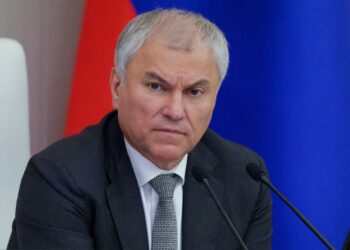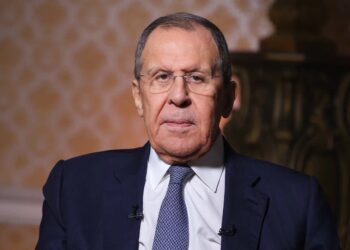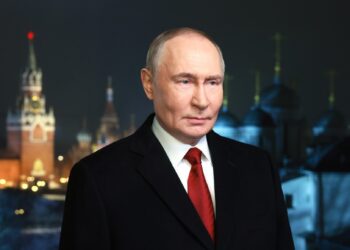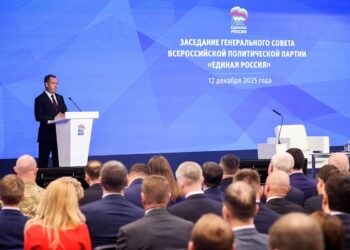MOSCOW (Realist English). This is an extremely interesting material about the mechanics of progress, about the influence of science and technology on geopolitical dominance from Spydell_finance. The configuration of the future will be determined by the infotech and the biotech (roughly speaking, the artificial intelligence and the genetics).
Over the past 150 years, the resources and the capital have been concentrated around the world to create breakthrough innovative products. If you follow the movement of money, then their focus on the above directions is noticeable.
Further on, step-by-step analysis of the stages of technological evolution: from the creation of an industrial prototype to the capture of markets.
All this leads to sad thoughts. In the Russian Federation, the vast majority of the means of production and scientific assets are controlled by corporations. These are quasi-state monopoly conglomerates that obey the state will according to very conditional scenarios. How, with such a loose power structure, a technological breakthrough is to be ensured?
Here we have sketched out a list of several tools that theoretically can influence corporations:
✅Taxes
❌Procurement system
❌Industrial standards
❌Investment policy
❌Protectionism
In fact, the only rein and lever of control for Russian corporations is the tax system. All other systems of requirements for them are speculative, semi-official, voluntary, fragmentary. Our state-owned companies, state corporations and natural monopolies can only be forced to share, but they cannot be forced to develop. There’s just nothing to do this with.
The procurement legislation (223-FZ) is, in its deepest essence, a legalized corporate freedom. Each corporation may determine for itself the conditions of work in the market through its Procurement Regulations.
Legislation on technical requirements (standardization) does not exist in Russia at all. In the understanding of a sane and healthy person, if there are requirements, then at least some obligation to fulfill them is implied. But no! In the Russian Federation, the implementation of standards (with rare exceptions) is a voluntary matter. No one will ask or punish for this.
The sectarian belief is firmly entrenched in the Russian Federation that the investment policy of corporations is their private business. Russian officials flatly refuse to manage this process with command-administrative methods (as in China) or voluntarily forcibly, through centralized venture funds (as in the USA). Encouraging glimmers have appeared on the horizon: a program of end-to-end technological projects, which Andrei Belousov has been planting for the second year. But the lack of a clear legislative framework may result in corporations simply ignoring the first Deputy Prime Minister (as some of them have already done in 2021-2022).
Before the start of the SMO, Russia managed to lay an excellent legislative basis for industrial protectionism. With great resistance from the financial authorities, the state machine managed to push through the so-called “Law on national quotas for the purchase of high-tech products of Russian origin.” It was initiated by the then Deputy Prime Minister, and now the head of Roscosmos, Yuri Borisov. Unfortunately, during parliamentary hearings (as it often happens) the law has lost its nuclear charge and has become toothless. Initially, a fixed mandatory quota was assumed, calculated in proportion to the total annual volume of purchases.
Now, the Cabinet of Ministers appoints a quota for each type of product. And after the castling of Borisov-Rogozin-Manturov, the law has generally been turned into a formality. Even regions, let alone corporations, are no longer required to purchase domestic high-tech products. No one is developing any means of objective control or penalties for non-compliance with quotas (and they were supposed to have been before).


















